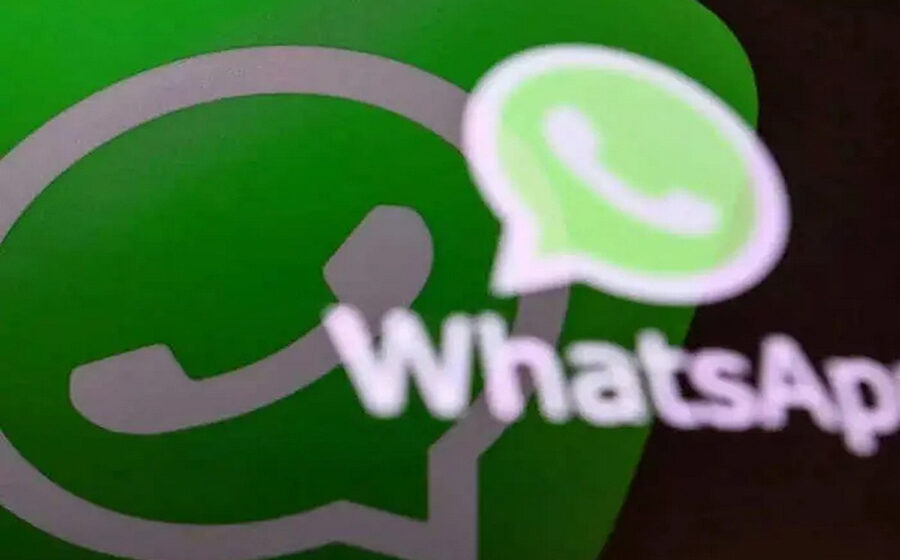Millions of WhatsApp users across India are grappling with a deluge of international spam calls, raising concerns about potential financial risks associated with such unsolicited communication.
Overwhelming Influx of Spam
In recent days, Indian WhatsApp users have experienced a surge in spam calls from international numbers, predominantly originating from African and Southeast Asian regions. Concurrently, fake messages from unfamiliar senders have inundated the platform, prompting affected individuals to turn to Twitter to voice their grievances.
With nearly 500 million users in India, WhatsApp, a subsidiary of Meta, finds itself at the center of this widespread issue.
User Reactions
Social media platforms like Twitter have become avenues for users to express their frustration and seek solutions. Gaurav Munjal, Founder of Unacademy Group, lamented the influx of spam on WhatsApp, while entrepreneur Sourabh Mathur highlighted concerns over the efficacy of WhatsApp Business.
Despite the apparent country codes associated with the spam calls, including those from Indonesia, Vietnam, Malaysia, and Ethiopia, the actual origin of these calls remains ambiguous.
Testimonies of Affected Users
Numerous individuals shared their firsthand experiences of incessant spam calls. Some users reported receiving missed calls from unfamiliar numbers across various time zones, disrupting their daily routines. The phenomenon has led to speculation and coined terms like “JAMTARA GLOBAL” to describe the proliferation of spam calls.
Response from WhatsApp
As the issue persists, WhatsApp has yet to provide an official statement addressing the growing prevalence of fake spam calls on its platform. Users have advocated for features allowing them to limit incoming calls to contacts only, highlighting the need for enhanced privacy controls.
Emerging Scams
In addition to spam calls, reports have surfaced regarding fraudulent job offers being disseminated through WhatsApp messages in India, signaling a broader challenge of digital security and integrity.
As users navigate through these challenges, there is a growing demand for platforms like WhatsApp to implement robust measures to safeguard user privacy and mitigate the risks associated with spam and scams.



Leave a Reply